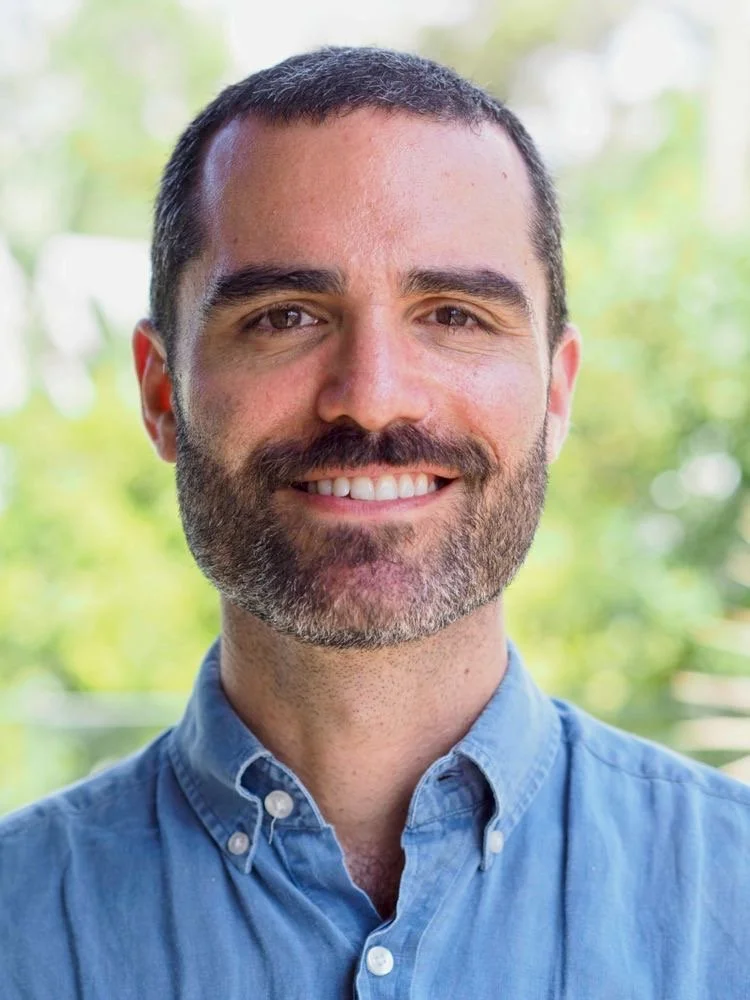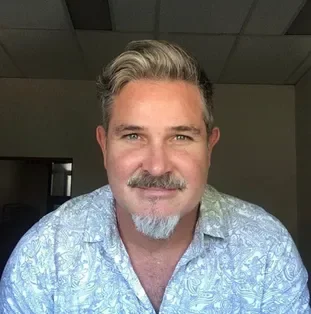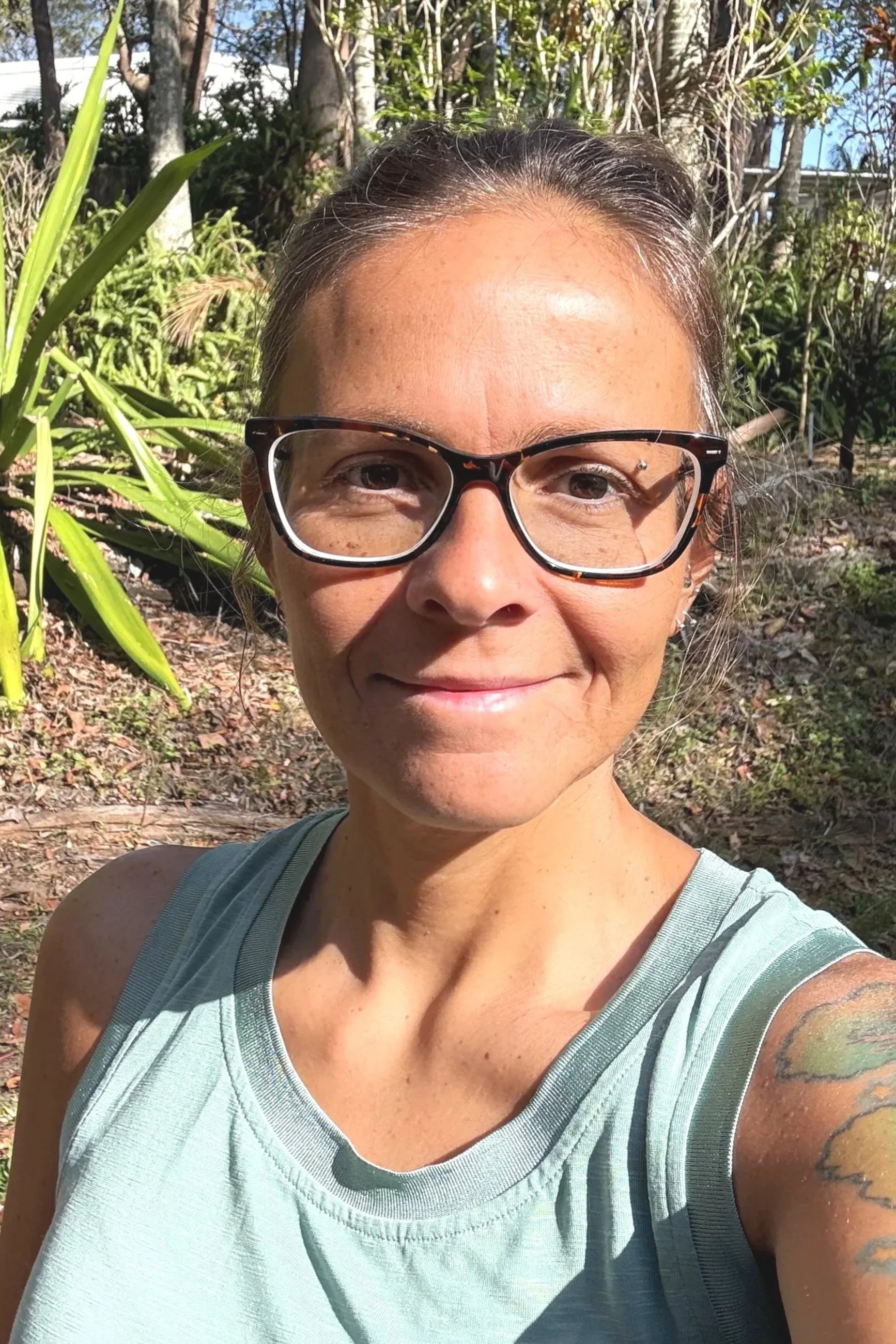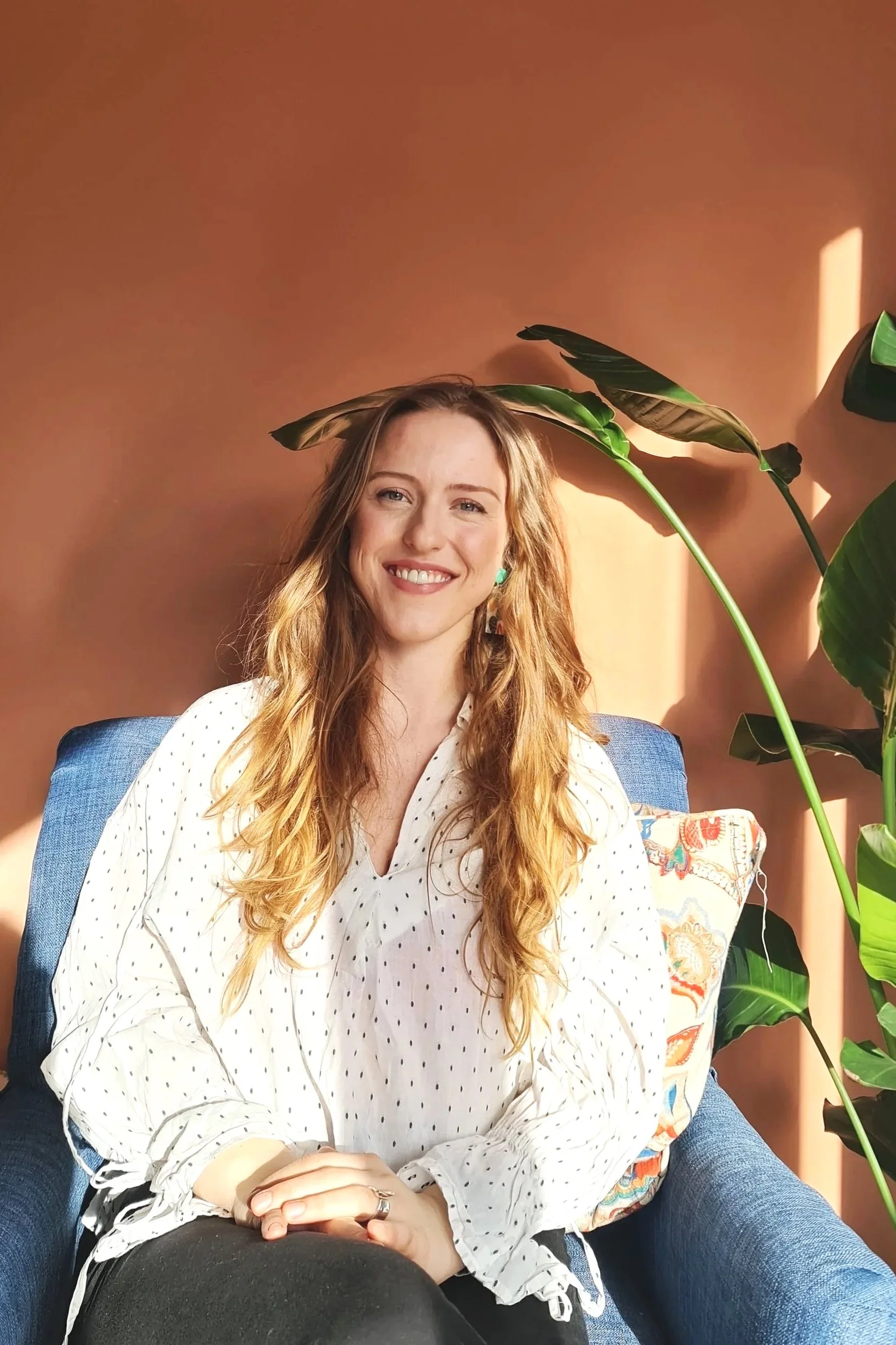
Find the therapist that best suits your needs.
What to think about when looking for a therapist…
Finding the right therapist can take time, and it’s completely okay if it doesn’t feel like the perfect fit straight away. A strong therapeutic relationship is built on trust, safety, and a sense of being understood—so it’s important to choose someone whose style and approach resonate with you. Don’t be discouraged if it takes a session or two (or even trying someone else) to find that connection. The right fit can make all the difference.
Connection matters: Choose someone you feel comfortable with—therapy works best when you feel safe, seen, and able to be yourself.
Check their approach: Therapists use different methods—look for one that aligns with how you’d like to explore or work (e.g. relational, somatic, trauma-informed).
Consider practicalities: Think about location, fees, availability, and whether you prefer in-person or online sessions.
Lived experience & inclusivity: You might value working with someone who understands your cultural background, identity, or life experiences.
Depth of practice: All therapists at The Place Within have done their own therapy. We believe that having sat in the client’s chair is essential to offering grounded, compassionate care.
Trust your instinct: Sometimes it takes a session or two to know—it’s okay to ask questions and take your time finding the right fit.
Our team.
Elan Zavelsky
Easing depression and anxiety
Support through stress, burnout, and overwhelm
Exploring sexuality and gender (LGBTQIA++ support)
Dignity at the end of life - grief, loss and bereavement.
Relationship support - couples, triads, poly, ENM and more
Working with people in addiction
PSYCHOTHERAPIST
Lou Aylward
Tending to grief, loss, trauma, and major life transitions
Holding ecological and existential distress
Supporting through stress, burnout, anxiety, and depression
Reframing shame and self-criticism with dignity and care
Exploring identity, power, belonging, and the effects of cultural social pressures
Navigating relationships, intimacy, and complex family dynamics
Deepening connection with self, community, and the more-than-human world.
PSYCHOTHERAPIST
Nathan Dick
Power and power imbalances within systems, structures, and relationships .
Cultural conditioning and normative culture, across societal, generational, family, and intrapsychic levels.
Gender norms and roles, including the limitations of binary expectations.
Mononormativity and nuclear family norms, including the dominance of monogamy and polyphobia.
Parenting that is neuroaffirming, respectful, collaborative, and attachment-focused, with particular interest in neurodivergence and PDA (using approaches like Collaborative and Proactive Solutions, indirect and declarative language).
Neuroaffirming practice: welcoming, deshaming, and reframing diversity.
PSYCHOTHERAPIST & SUPERVISOR
Emaneula Bassi
Anxiety and depression
Domestic and family violence past and current, either experienced or used in a relationship or in the family
Complex and developmental trauma – struggles with self-regulation, sense of self, triggers, self-esteem, attachment struggles
Sexual violence both past and recent
Grief and loss
Relationship issues
PSYCHOTHERAPIST & SUPERVISOR
Iona Mackenzie
Managing stress, overwhelm and burnout.
Exploring and understanding women’s issues.
Working with trauma - childhood, domestic and family violence, sexual violence.
Navigating relationships, family and friendships.
Support through grief, loss and significant life changes.
COUNSELLOR






